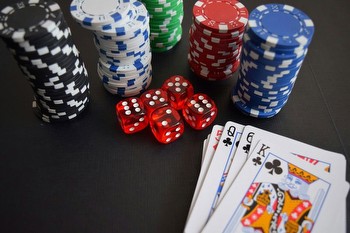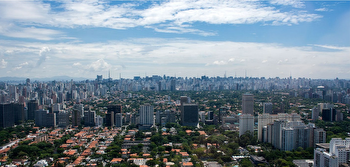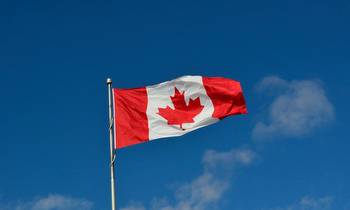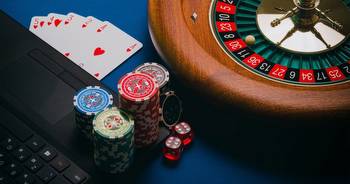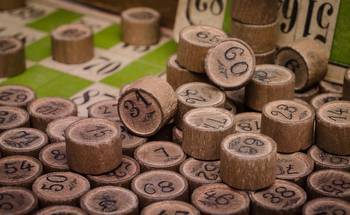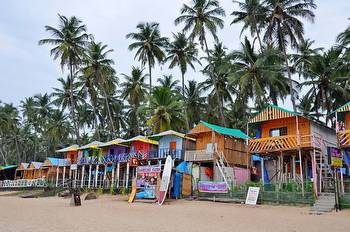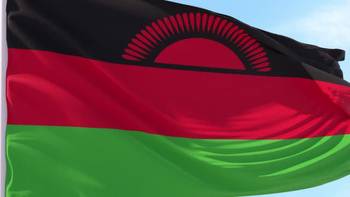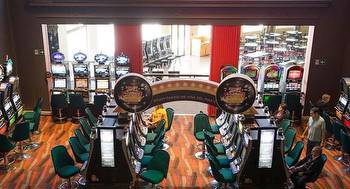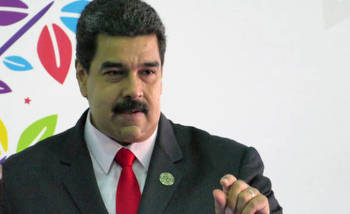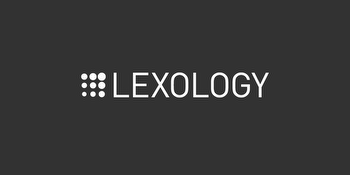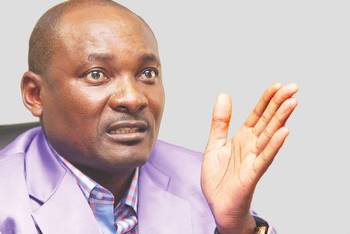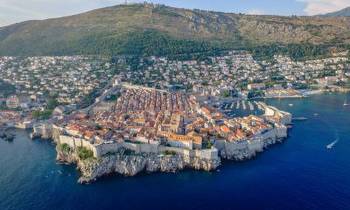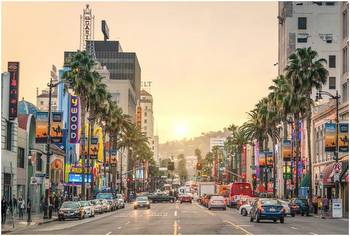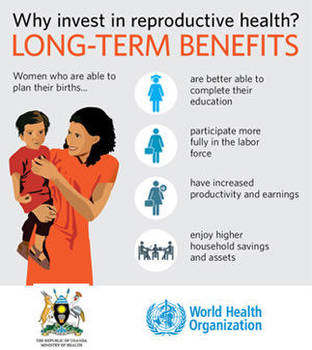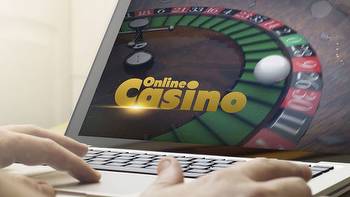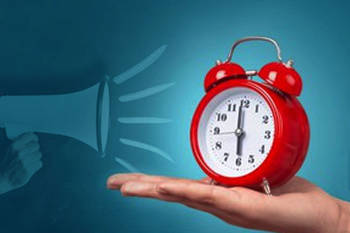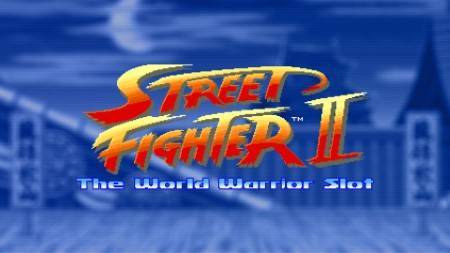Nicolás Maduro revives casinos in search of oxygen for the Venezuelan economy
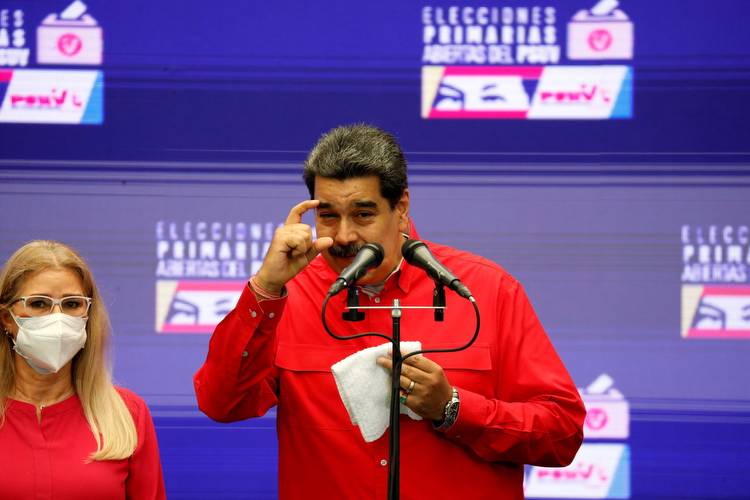
10 years ago, Hugo Chávez ordered to close all casinos and bingo halls in Venezuela. The measure left more than 100,000 unemployed and dozens of huge abandoned buildings. Now, his successor has authorized the operation of 30 establishments throughout the country. It is another sign of the liberal turn that the Government has been taking, cornered by the most serious economic crisis in the recent history of the country, after the fall in oil revenues due to the collapse of production and international sanctions that have complicated financing to Nicolás Maduro.
The announcement has not been formally made, but several businesses in hotels and clubs in the country have received authorization to operate, according to local media. At least 10 of them are located in Caracas. In 2020, this return of the casinos had a prelude with the inauguration of a gaming room in the exclusive Hotel Humboldt, a complex built in the 1950s, during the military dictatorship of Marcos Pérez Jiménez.
The Hotel Humboldt is at the top of Ávila, the tutelary mountain of Caracas, more than 2,000 meters high. The building, which is an architectural challenge, went through decades of neglect until Chavismo undertook a long remodeling that, due to several setbacks, lasted almost a decade. The operation of the hotel and its services were to be handed over to the Marriot chain, but finally the administration was left in the hands of the Government and close businessmen. His casino would then be a state casino, which last year, in full quarantine due to covid-19, held the first poker tournament in the city.
The commander of the Bolivarian revolution called these places “dens of perdition for the bourgeoisie.” Maduro has pragmatically resolved with the inauguration of the Humboldt casino to invite people to bet in petros, the cryptocurrency created by the Government to face the devaluation of the bolivar. “At the Humboldt Hotel, an international casino will be opened there and everyone who wants to gamble will bet on petro and all those resources will enter the State for health, education,” Maduro said on television in January 2020.
The reversal of Chávez’s measure, however, conflicts with the current legislation on the matter, sanctioned before Chavismo. According to the norm that regulates bingo halls, in the premises where slot machines and casinos operate, a consultative referendum is required to install them. These must be located in declared tourist areas and suitable for their operation. The measures taken in recent years by the Government have bordered on legality, so this would not be a brake.
During the casino veto, the activity did not cease entirely. Some establishments continued to operate clandestinely and since last year, amid the boredom of the pandemic, illegal poker gambling houses in Caracas came to the fore. One of them is in the 23 de Enero neighborhood, a stronghold of the so-called colectivos, the armed shock groups loyal to Chavismo.
The reduced Venezuelan economy is being sustained by commercial activities, —with the so-called still lifes of imported products as flags— services and an incipient tourism, since the productive apparatus is totally prostrate and the dismantled oil industry is trying to barely produce some fuel to reduce the severe shortage. Some economists point out that the opening of the casinos will allow the Government to capture income through taxes and that at the same time they are great generators of employment. For a new class that has been created as a result of the lifting of price controls and the use of currencies, attached to luxuries, they are also a form of entertainment.
The announcement has caused a stir in public opinion. The country is witnessing an economic transition that has also produced enormous inequality and poverty, according to data from the Venezuelan Living Conditions Survey. In the midst of those waters, the opening of casinos is one more contradiction. In addition, it has been warned about the use of this type of business for money laundering that, together with the repatriation of capital, remittances, some private exports and the little that comes in from the sale of gold and oil are the activities on the that the de facto dollarization that the Venezuelan economy has been experiencing for a couple of years is being supported.
from MRT América and receive all the informative keys of the current situation of the region








